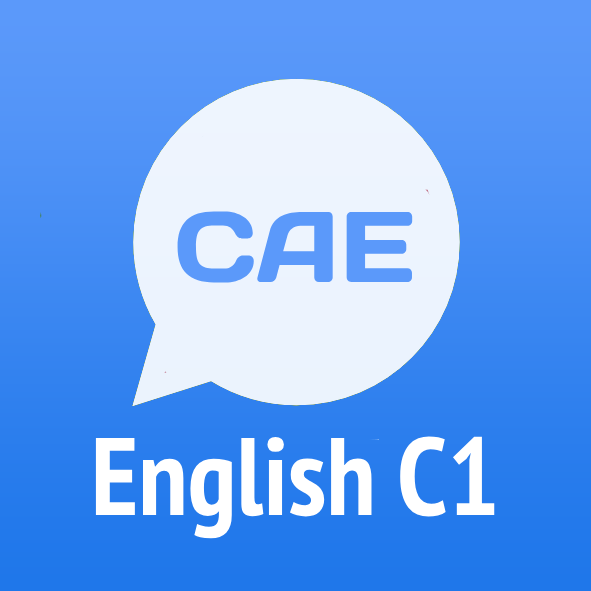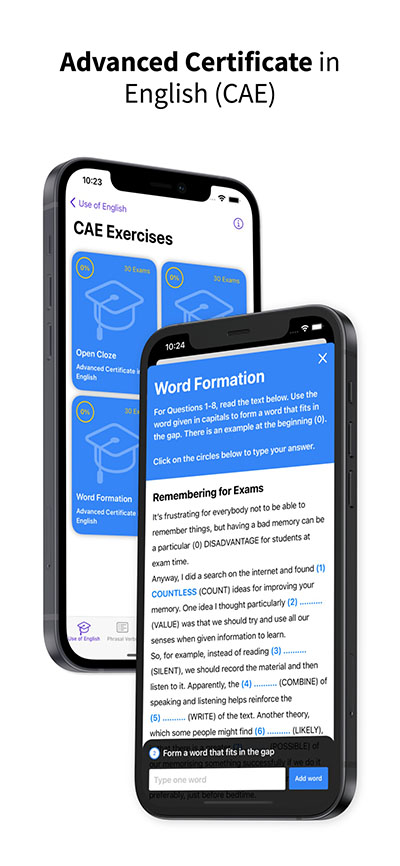Three or four cups of coffee a day may not sound (0) EXCESSIVE (EXCESS) , yet some of the minor symptoms many of us experience (like headaches , indigestion or high blood pressure may be related to caffeine (1) ............ (TAKE). A cup of real coffee contains about 100 mg of caffeine . It stimulates the (2) ............ (NERVE) system , heart and kidneys . Heavy coffee consumption is likely to produce a general feeling of anxiety. The effects that caffeine has on the human body depends to some extent on personality and (3) ............ (PSYCHOLOGY) factors. People, for example , who take tranquilizers are often (4) ............ (SENSE) to caffeine. Drinking more coffee only makes their symptoms worse. The long-term dangers of caffeine - such as cancer and heart disease - have been the subject of much debate , but a recent study has found no significant association between coffee consumption and any major cause of (5) ............ (DEAD). However, it might be worthwhile , trying to find out if caffeine is responsible for minor (6) ............ (ILL) by gradually reducing the coffee intake. Switching to tea does not help much because tea also contains caffeine. The same applies to cocoa and cola drinks. (7) ............ (CAFFEIN) coffee is not the answer either because it tends to have a greater effect on your stomach, causing (8) ............ (DIGEST) and diarrhoea. herbal teas, which contain low levels of caffeine, fruit juices and plenty of water are the best substitutes. Also watch out for caffeine in painkillers and in cold remedies; you could end up ingesting several hundred milligrams of caffeine a day without even releasing it.






